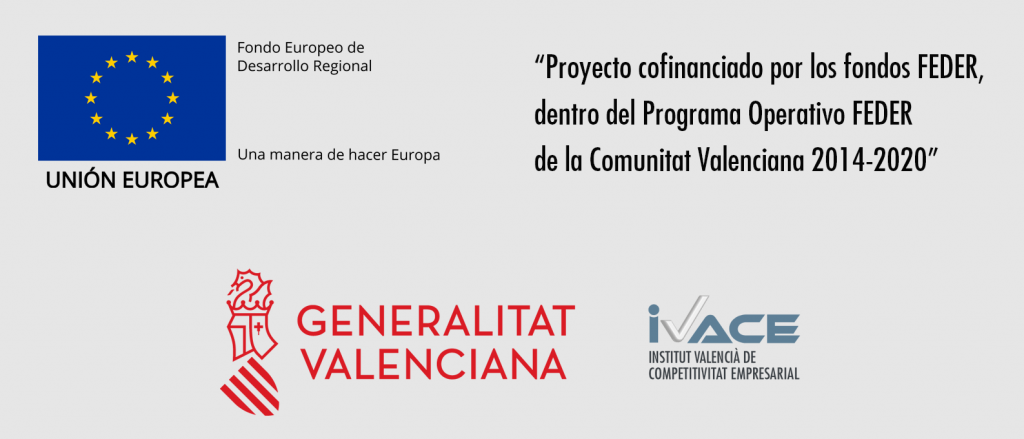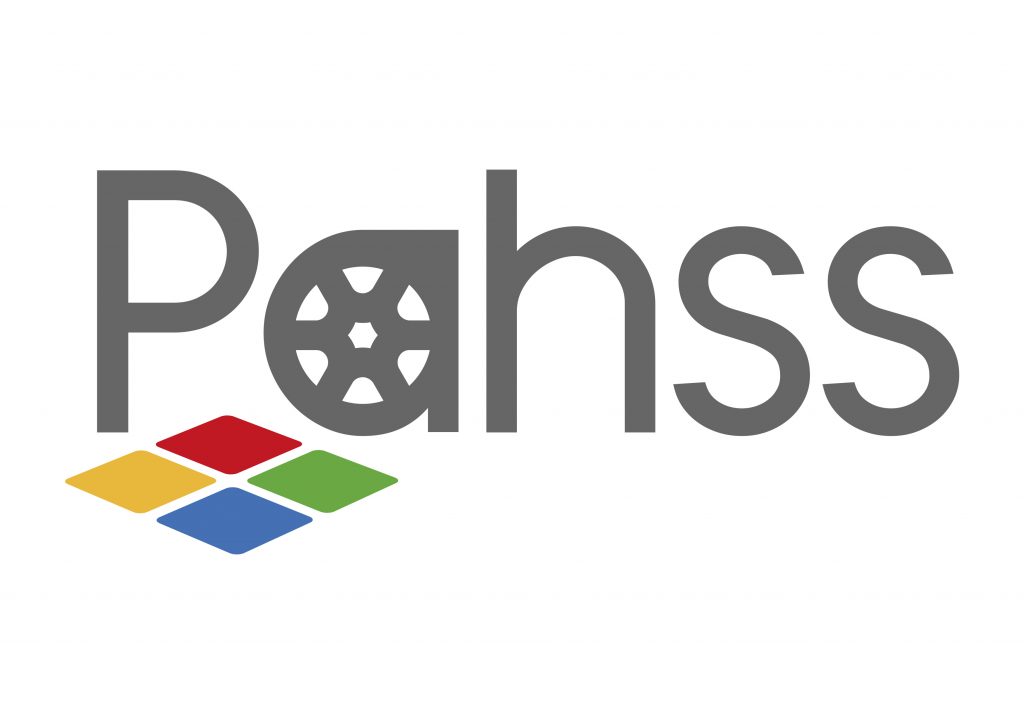PAHSS “Evaluation of the impact of the new regulations on impact attenuating playground surfacing made of recycled materials and improvement of its toxicological properties.”
The main objective is to determine and evaluate the presence of toxic substances in the materials coming from recycled tyres and that are used as raw materials in play areas and/or sports fields, and how it is modified during the manufacturing and ageing process due to use and weather conditions, both controlled (indoor use) and not (outdoor use).
Besides, an evaluation is expected on how these products can affect the environment when they are exposed to maintenance processes and/or weather conditions, mainly rain. This will allow to evaluate the hazardous effects that these components can pose for health when they volatilize or are in direct contact with children and the environment, both in open and totally enclosed areas, and establish manufacturing guidelines that comply with the legislation and applicable recommendations and that do not pose a health risk.
Moreover, guidelines which allow the reduction of these compounds and consequently improve the safety of products can be established. The expected results are the following:
• The main expected result is to obtain safer products from out-of-use recycled tyres, both for health and the environment, due to the reduction of the presence of potentially toxic components, such as aromatic oils and carbon black, polyclyclic aromatic hydrocarbons (PAHs), heavy materials, phthalates, volatile and semi-volatile organic compounds. All of that through the optimisation of both the procedence and analysis of raw materials, and the manufacturing and transformation conditions of raw materials in finished products.
• Control the content limits of chemicals as it is a legislative requirement in relation to the manufacturing, commercialisation and use of chemicals in the European Union. The REACH regulation is the main legislative tool in charge of establishing the requirements that both raw materials and finished products must comply with in order to be placed on the European market.
• Identify the potential components that might have migrated to the environment with the leachates, and then help companies to optimise their raw materials and finished products with the aim to reduce their appearance or eliminate them if possible in order to comply with the legislation.
• Evaluate that the proposed changes intented to adapt rubber flooring, in particular, to the EU legislation do not influence its damping properties, a critical parameter in terms of play areas safety.
• Obtain an optimised operative procedure to analyse the substance screening on raw materials coming from recycled tyres.
All of these results will allow collaborating companies, and also the Valencian business network, to know their products and be able to evaluate their suppliers, both in terms of raw materials and finished products, as well as their evolution, and be able to offer guidelines that enable the manufacturing of safer products for children and the environment. The knowledge of the status of raw materials will help to select parameters, materials, processing temperatures, etc. that allow to comply with the legislation and recommendations established by the EU, enabling the commercialisation of products, both nationally and internationally.
The PAHSS project with file number IMDEEA/2021/18 and a budget of 213.847,51€ is subsidised by IVACE (the Valencian Institute of Business Competitiveness of Generalitat Valenciana), 50% co-finaned through the FEDER Operational Program of the Valencian Community 2014-2020
- File number: IMDEEA/2021/18
- Starting date: 1st January 2021
- Duration: 12 months
- Status: In progress
- Amount subsidised: 213.847,51€
COORDINATOR CONTACT INFO:
- Name: Karina Pernías
- Telephone: 96 555 44 75
- e-mail: fisicosparques@aiju.es

